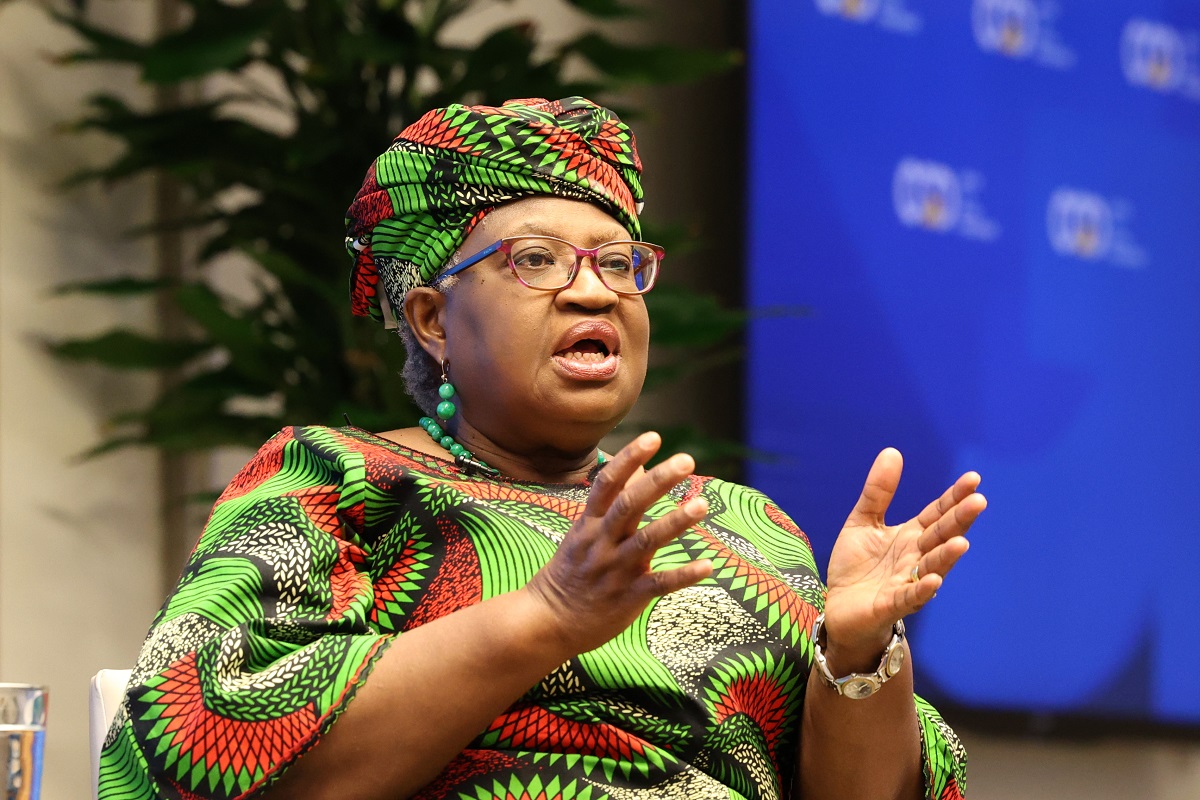Perhaps predictably, media coverage of the G-20 Seoul Summit focused on the currency wars, and assessments of impact of the meeting were decidedly mixed (though, interestingly, more negative in the United States than in the big emerging markets). But global imbalances were hardly the only item on the agenda. Three summit documents have the potential to become more important with the passage of time, especially if the development community seizes upon them as opportunities to press the big economies for pro-development policies and spreads the word. Here, then, is my list of three Seoul sleepers:
- The Seoul Development Consensus for Shared Growth. The six G-20 development principles articulated in this brief document are eminently sensible, starting with “focus on economic growth” and “prioritize global or regional systemic issues.” It’s only a frame of reference, of course, but summits are after all mostly an exercise in norm setting. At a minimum, having a Seoul Development Consensus endorsed by 20 or so of the world’s biggest economies may put an end to the tiresome cottage industry of beating up on the old Washington Consensus. Then again, Seoul Consensus doesn’t have quite the same ring of hegemony, so maybe it won’t.
- The Multi-Year Action Plan for Development. Korean officials were right to push hard for a detailed document with specific commitments and deadlines. The document suffers from a lack of clarity about who should do what. On human resource development, for example, it calls upon “the World Bank, ILO, OECD, and UNESCO to work together” to develop internationally comparable skill indicators. Good luck with that! Still, given the individual clout of the G-20 members, such calls for action can be an effective catalyst for international organizations to do good things. In the coming weeks policy experts (including some here at CGD) and development advocates will want to unpack these commitments, figure out which are most promising, and then use them to press for progress. There’s plenty for everybody: infrastructure, human resource development, trade, private investment and job creation, food security, growth with resilience, financial inclusion, and domestic resource mobilization (that is, helping developing countries do a better job of taxing their own citizens).Interaction, the U.S. alliance of NGOs, welcomed the G-20 inclusion of development but expressed disappointment that more specific actions were not announced. Of course, more specifics would have been better. But given the unwieldy nature of the G-20 process, I’m tending towards a glass-half-full view.
- G-20 Anti-Corruption Action Plan. The least noticed Seoul Summit outcome may prove to be the most important. The nine-point anticorruption plan includes pledges to prevent corrupt officials from being able to travel abroad with impunity, to support the recovery of proceeds of corruption stowed abroad, and to enact and implement whistle-blower protection rules. As with development, it’s the first time that the G-20, created to deal specifically with the 2008 financial crisis, has taken up transparency and governance issues.Much of this work is proceeding out of the limelight. For example, I’ve learned that as part of the process, a coalition of emerging market countries joined with the United States to encourage China to adopt an anti–foreign bribery law. Chinese officials recently announced at an OECD conference that they are drafting such a law for the National People’s Congress.The anticorruption plan ends with a pledge that “the Anti-Corruption Working Group will prepare a first monitoring report for the Leaders at the Next Summit in France.” That will give anticorruption advocates an opportunity to monitor progress. One major quibble: the membership of the anticorruption working group has yet to be disclosed! Surely the transparency working group ought to be transparent!
G-20 members agree to make concerted progress towards providing Least Developed Countries (LDCs) with [full] duty-free and quota-free (DFQF) access to their markets.By the time the negotiators were done, not only had the bracketed [full] disappeared, but the DFQF commitment became a damp squib wedged into a multi-clause sentence with so many qualifications as to be practically meaningless:
We note our commitment to… make progress toward duty-free quota-free market access for least developed country (LDC) products in line with our Hong Kong commitments, without prejudice to other negotiations, including as regards preferential rules of origin…When I was in Seoul last month during the run-up to the G-20 a senior Brazilian official told the High-Level Development Conference that Brazil was prepared to move towards 100 percent DFQF for LDCs but faced domestic opposition and could only do so if it was part of a wider G-20 effort. Sadly, it seems pretty clear that the United States was the main obstacle.
Disclaimer
CGD blog posts reflect the views of the authors, drawing on prior research and experience in their areas of expertise. CGD is a nonpartisan, independent organization and does not take institutional positions.





